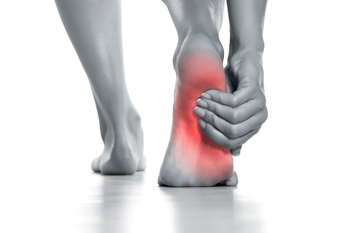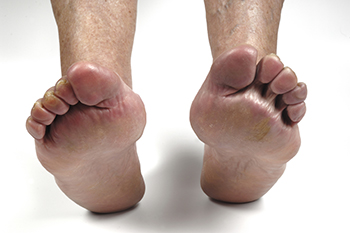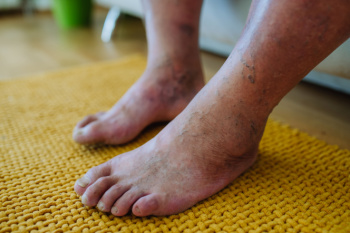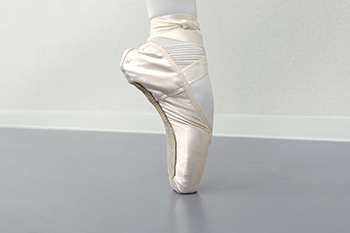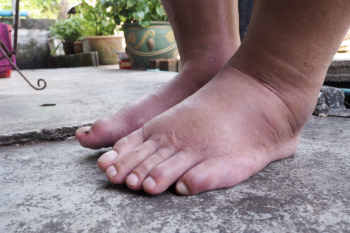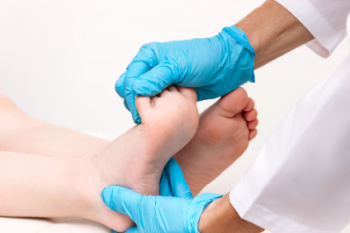
Foot pain at night in children can be distressing for both the child and the parents, and it often has several potential causes. One of the most common is growing pains, which typically occur in the muscles and may lead to aching sensations in the feet and legs during rest. Another possible cause is Sever's disease, a condition linked to inflammation of the growth plate in the heel, often brought on by physical activity. In some cases, foot pain may be due to sunburn, especially if a child has spent time barefoot outdoors without protection. The skin may become red, tender, and irritated, making it difficult to rest comfortably. If your child has nighttime foot pain, it is suggested that you schedule an appointment with a podiatrist who can offer effective treatment solutions.
Making sure that your children maintain good foot health is very important as they grow. If you have any questions, contact one of our podiatrists of Comprehensive Foot & Ankle Center of South Jersey. Our doctors can provide the care you need to keep you pain-free and on your feet.
Keeping Children's Feet Healthy
Having healthy feet during childhood can help prevent medical problems later in life, namely in the back and legs. As children grow, their feet require different types of care. Here are some things to consider...
Although babies do not walk yet, it is still very important to take care of their feet.
Avoid putting tight shoes or socks on his or her feet.
Allow the baby to stretch and kick his or her feet to feel comfortable.
As a toddler, kids are now on the move and begin to develop differently. At this age, toddlers are getting a feel for walking, so don’t be alarmed if your toddler is unsteady or ‘walks funny’.
As your child gets older, it is important to teach them how to take care of their feet.
Show them proper hygiene to prevent infections such as fungus.
Be watchful for any pain or injury.
Have all injuries checked by a doctor as soon as possible.
Comfortable, protective shoes should always be worn, especially at play.
If you have any questions please feel free to contact our offices located in Cherry Hill, Voorhees, Atco, and Turnersville, NJ . We offer the newest diagnostic and treatment technologies for all your foot and ankle needs.
